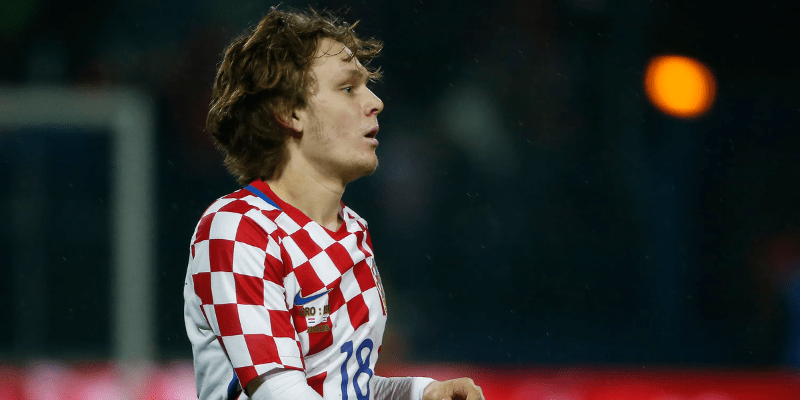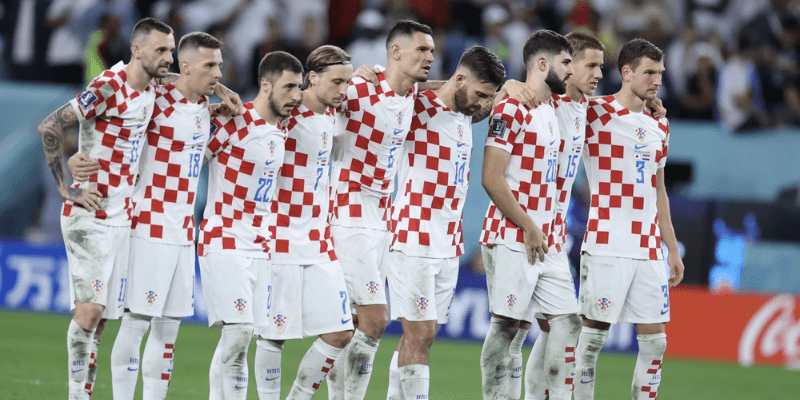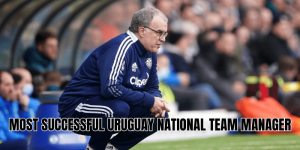In the pantheon of Croatian football legends, where names like Modrić, Šuker, and Ćorluka shine, there’s always room to ask: who broke through youngest? The title of the youngest player to play for Croatia national team carries both weight and story—youth, trust, promise, risk. In this piece, ZaneyStrike will guide you through the record’s history, the man who still holds it, near-misses, comparisons, and what it means in today’s Croatia.
The Record Holder: Alen Halilović

At just 16 years, 11 months, and 23 days, Alen Halilović made his full international debut for Croatia. He stepped onto the field on 10 June 2013 in a friendly against Portugal, replacing Ivan Strinić in the 50th minute. That moment locked his name into history as the youngest ever debutant for Croatia.
Halilović’s path to that record was already paved with promise. He was a youth international across U14 through U21 levels, and in club football made headlines early—he became Dinamo Zagreb’s youngest ever debutant and, shortly after, their youngest scorer. But international recognition at 16 years old spread his fame across Europe.
Over time, Halilović earned ten caps for Croatia’s senior side, though he never became a fixture in the national team. Still, his record debut remains firm.
Historical Context: Who Comes Close?
The list of Croatia’s youngest internationals shows Halilović sitting comfortably at the summit, but there are noteworthy runners-up who reflect how rare such early debuts are.
Luka Ivanušec
Ivanušec took the pitch for Croatia at 18 years, 1 month, and 16 days. His debut, coming in 2017, positioned him as the second-youngest in the record books. He later became notable for being one of the youngest goal scorers for Croatia, too.
Luka Vušković
In 2025, a fresh figure made waves. Luka Vušković, born in 2007, debuted in a World Cup qualifier at age 18 years, 3 months, 17 days, making him the third-youngest to represent Croatia. His rise is a testament to how modern scouting, athletic development, and pressure for youthful talent combine in national selections.
These names help us see that breaking into Croatia’s senior team at 17 or 18 is already rare—Halilović’s 16-year milestone remains exceptional.
Why Did Halilović Debut So Young?

Several factors converged to make Halilović’s early debut possible:
- Exceptional Talent – Scouts and coaches saw in him a flair, vision, and maturity beyond his years.
- Youth Performance – At club and youth national levels he had already shown readiness, giving coaches confidence to fast-track him.
- Friendly Nature of Debut Match – His first cap came in a friendly, allowing coaching staff to experiment without the intensity of competitive stakes.
- Croatia’s Philosophy – The national setup has sometimes rewarded daring youth selection—if a player shows enough, age can become secondary.
Still, few are chosen so early, because the jump from youth to senior exposes various pressures: physical, tactical, psychological.
Risks & Rewards of Debuting Young
The path of an early debut comes with trade-offs. Let’s break down the pros and cons with respect to Croatia’s system.
Rewards
- Acceleration of development: Facing top competition at a young age can speed growth.
- Signal of faith: Such a call-up sends a message to clubs and fans: this isn’t just potential, this is now.
- Market value boost: Young internationals attract attention.
Risks
- Burnout or plateau: Young stars may hit limits or struggle to evolve further once expectations mount.
- Psychological pressure: Scrutiny.
- Physical mismatch: At 16, the body isn’t fully matured—injury risk or struggle versus fully grown players.
Halilović’s career illustrates much of this. His trajectory never reached consistent international prominence, though his early promise remains a part of Croatia’s lore.
Comparisons to Other Nations
Croatia may have Halilović’s record, but world football is scattered with even younger debuts. Remember:
- Martin Ødegaard debuted for Norway at 15
- Jude Bellingham earned his England cap at 17
- Pelé had appearances for Brazil in his teens
However, national contexts differ: physical style, depth of talent, league quality, and coaching philosophy all shape when youth can enter senior ranks.
In relative terms, Halilović’s debut is outstanding, especially in modern football where marginal gains are emphasized and coaches are more cautious with youth.
After the Debut: Halilović’s Career Trajectory
A record debut is powerful—but sustaining that momentum is the greater challenge. Here are some turning points in Halilović’s journey:
- He moved from Dinamo Zagreb to Barcelona, though mostly for the B-team, struggling to break into the first squad.
- Over subsequent years, he had spells at Sporting Gijón, Hamburger SV, Las Palmas, and even AC Milan, interspersed with loans to Standard Liège, Heerenveen, and others.
- In 2023 he landed at Fortuna Sittard, where he continues to ply his trade.
- On the national side, after those early caps, he never became a regular, ending his senior Croatia tally at ten appearances.
His story highlights that a youthful debut is only the opening chapter—not the guarantee of greatness.
Are New Records Likely?
Could someone break the youngest player to play for Croatia national team record in the near future? Possible, but unlikely. Here’s why:
- Youth development is improving: Academies push talent earlier, so perhaps a 15-year-old will emerge.
- Cautious coaching trends: Major coaches increasingly favor gradual integration over symbolic call-ups.
- Depth in Croatia: With many high-level Croatian players available, the urgency to debut kids is reduced.
Luka Vušković’s debut at 18 shows youth are still entering, but the drop. Halilović’s mark remains unusually early.
What This Means for Croatia and Fans

The youngest player to play for Croatia national team is more than a tri. It’s a story of belief, gamble, and potential. For fans:
- It’s a symbol of daring selection and trust in youth.
- It gives hope to academy players: yes, the leap is possible.
- It reminds us: football is unpredictable—sometimes international glory starts before your adult years.
And for Croatia as a national team, Halilović’s example offers both pride and lesson: early investment must be supported, nurtured, and wisely managed.
Final Thoughts
The youngest player to play for Croatia national team remains Alen Halilović, whose 16-year-old debut over a decade ago still feels mythical. While subsequent generations like Ivanušec and Vušković have come close, Halilović’s record stands as a symbol of trust, raw talent, and early ambition.
If you’re fascinated by Croatian football, tracking rising juniors, or exploring national team records, stay with ZaneyStrike—we’ll continue to bring you deep dives, stats, stories, and spotlight emerging stars.






